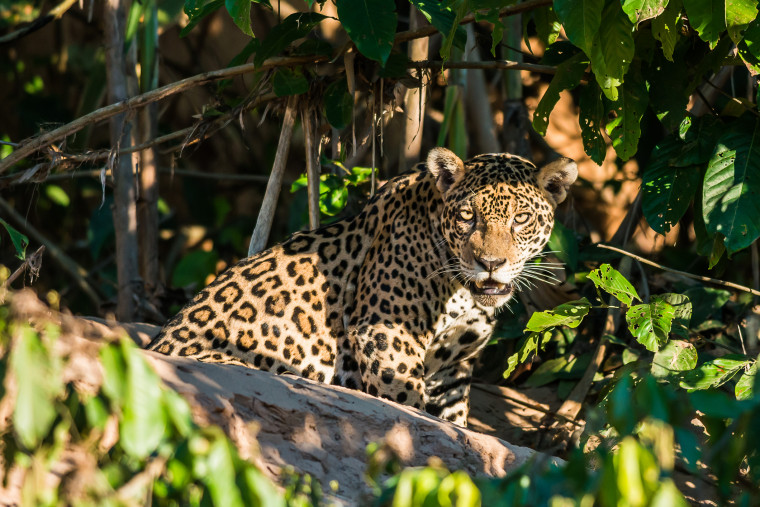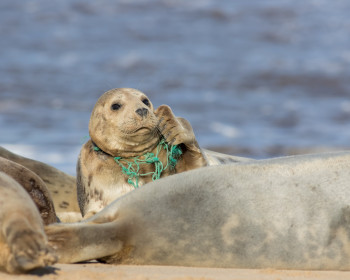Global Law Alliance Combats Wildlife Trafficking in Peru
Open gallery

The Global Law Alliance for Animals and the Environment recently conducted a workshop to combat wildlife trafficking with Peruvian officials. The workshop was part of an ongoing collaboration with the American Bar Association (ABA) Rule of Law Initiative. Clinical Professor and Director, Erica Lyman, and Senior Staff Attorney, Nick Fromherz, shared with Peruvian authorities a series of recommended legal and policy reforms that they developed following a comprehensive review of current approaches to wildlife trafficking. The ABA Rule of Law Initiative has collected these recommended reforms as part of a forthcoming publication entitled “Handbook for Strengthening the Fight Against Wildlife Crimes.” Drafted in collaboration with the Global Law Alliance, the Handbook will also contain a series of practice pointers for Peruvian investigators, prosecutors, and judges working on cases involving wildlife trafficking.
Senior Staff Attorney Nick Fromherz says, “For far too long, wildlife traffickers have exploited animals and threatened biodiversity by treating Peru’s forests, rivers, and seas as collecting grounds for the illegal market. We are grateful to Peru’s committed public servants and the ABA Rule of Law Initiative for giving us this important opportunity to contribute to the development of anti-trafficking policy in a country battered by this illegal activity.”
A 2016 report from Peru’s National Forest and Wildlife Service (SERFOR), titled “National Strategy to Reduce Illegal Trade of Wildlife in Peru,” analyzed wildlife trafficking over a period of 15 years (2000-2015). The report found that a considerable percentage of trafficked species are listed in Appendix I of the Convention on International Trade in Endangered Species of Wild Fauna and Flora (CITES), meaning they are threatened with extinction, including: jaguars, howler monkeys, giant armadillos, and Andean cats. Overall, the species most commonly trafficked in Peru are: birds, amphibians, and reptiles, like boa constrictors, iguanas, lizards, and turtles.
Attendees of the workshop included representatives from Peru’s national prosecutorial office, judiciary, customs agency, environmental police, forestry authority, wildlife management authority, fisheries management authority, and protected areas agency.
After thoroughly considering and evaluating feedback from the workshop, the Global Law Alliance and the ABA Rule of Law Initiative will incorporate the vetted recommendations into the larger Handbook. The Handbook, in turn, will be made available to Peruvian government officials to assist them in their impressive efforts to fight the scourge of wildlife trafficking.



The Center for Animal Law Studies (CALS) was founded in 2008 with a mission to educate the next generation of animal law attorneys and advance animal protection through the law. With vision and bold risk-taking, CALS has since developed into a world-renowned animal law epicenter, with the most comprehensive animal law curriculum offered anywhere. In addition, CALS is the only program that offers an advanced legal degree in animal law (both in person and online) and three specialty Animal Law Clinics. In 2020, CALS launched the Global Law Alliance for Animals and the Environment, as champions for wild animals and wild spaces, in collaboration with Lewis & Clark Law School’s #1 ranked Environmental Law Program. CALS is a fully self-funded nonprofit organization operating under the Lewis & Clark College 501(c)(3) tax-exempt status, and is only able to provide these educational opportunities through donations and grants.
More Center for Animal Law Studies Stories
Center for Animal Law Studies is located in Wood Hall on the Law Campus.
MSC: 51
email cals@lclark.edu
voice 503-768-6960
Center for Animal Law Studies
Lewis & Clark Law School
10101 S. Terwilliger Boulevard MSC 51
Portland OR 97219

